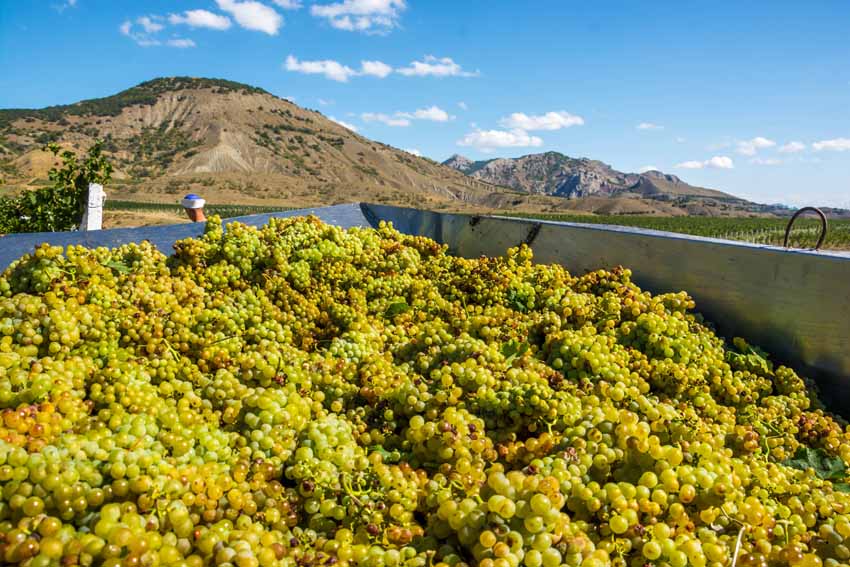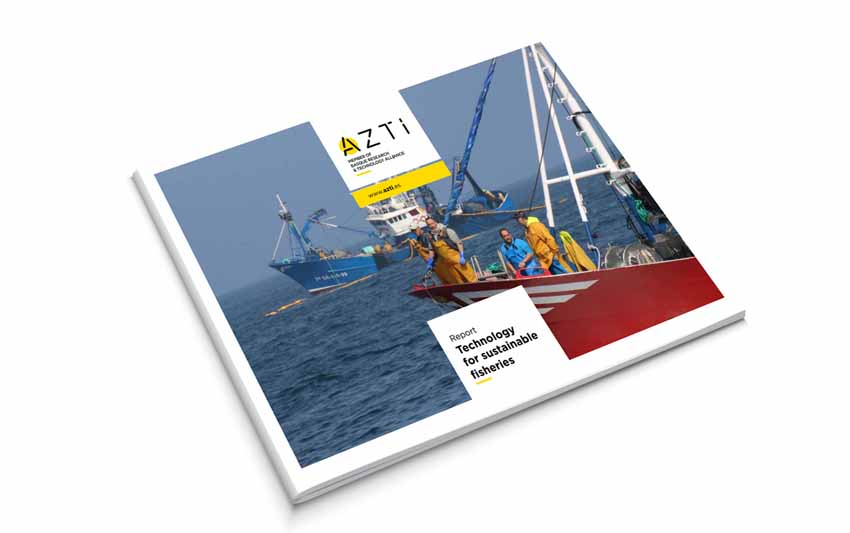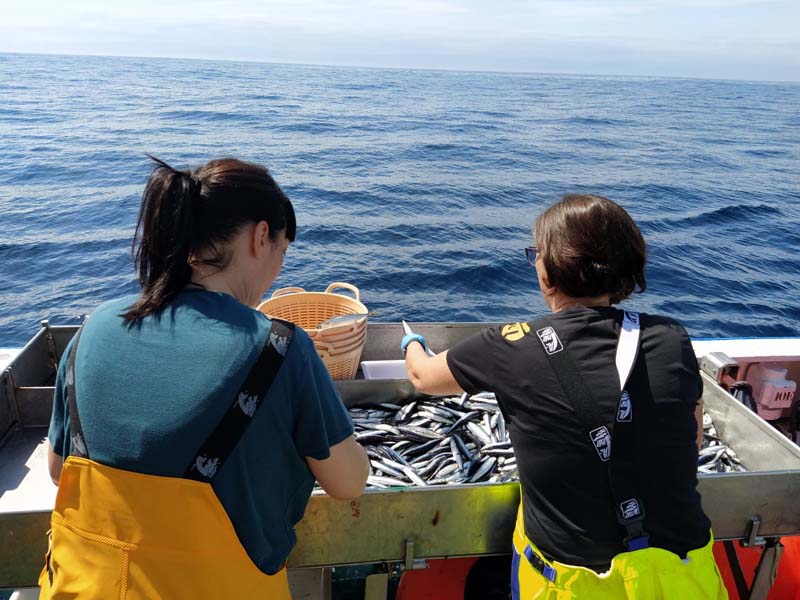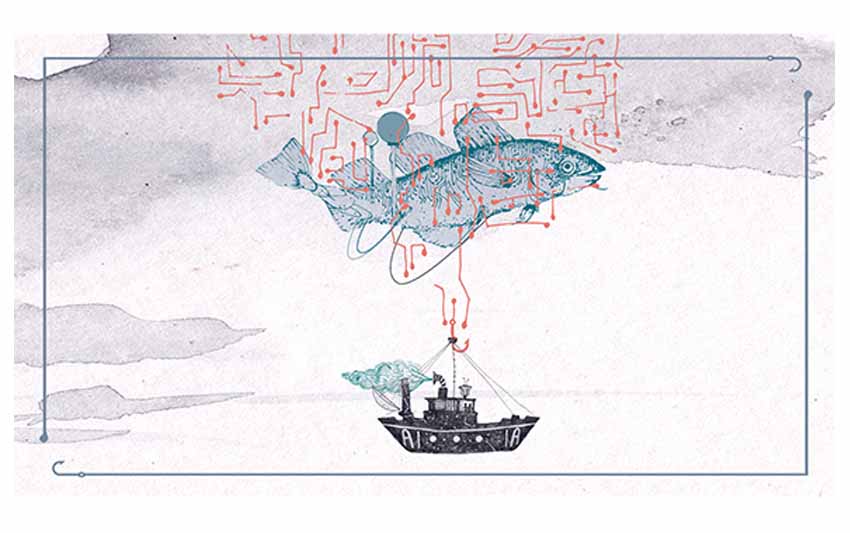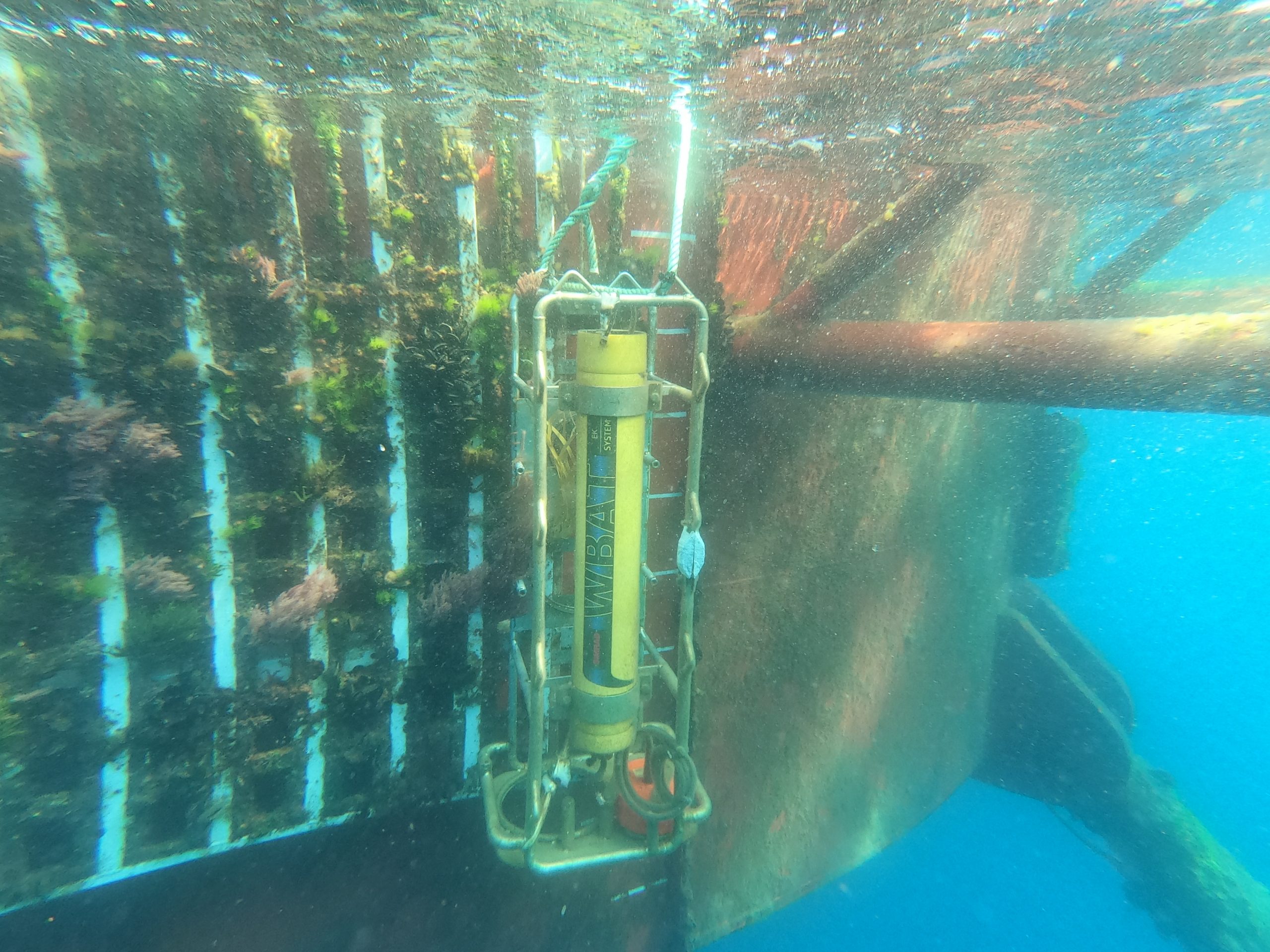Uhinak 2020: on 4 and 5 November in Ficoba, experts and managers will discuss measures to combat climate change on our coastline
Últimas noticias
Una mirada LGTBIQ+ al reino animal
Circular Economy in Action: Valorisation of By-products through Projects like PRIMA NEWFEED
Strategic Perspectives: Highlights from the Food4Future World Summit for Business Leaders
- More than 150 conference delegates have confirmed their participation
- The Climate and Coastal Change Conference will feature 11 expert seminars and more than 40 presentations
- Uhinak will be held in a hybrid format: in person and online
(28 October 2020). This year the Ficoba auditorium will become a television studio from which the fourth edition of the Climate and Coastal Change Congress, Uhinak, will be streamed. The current situation resulting from Covid-19 has led to a rethinking of the format in order to optimise the running of the conference itself and guarantee that it is conducted in the best possible conditions for the conference participants. The result: a hybrid format conference, in person for the speakers and virtual for the more than 150 participants who have confirmed their attendance.
Climate change is also not unrelated to the health and economic crisis generated by the coronavirus, which threatens to slow down the progress made in recent years.
“A grave error, as Guillem Chust, Uhinak’s scientific coordinator, points out, especially if we take into account that the best guarantee for building a society that can cope with new pandemics is through environmental policies that guarantee sustainable development. It is imperative that the post-COVID-19 recovery be combined with climate objectives”.
This year it is therefore more important than ever that representatives of the public sector, the political arena, businesses, technicians and experts from technology and research centres, all join forces in Uhinak and offer their opinions on the need to take action on the climate emergency, as stated in the conference slogan.
The main objective of this multidisciplinary debate, which will be held at Ficoba on 4 and 5 November, is to understand the needs of managers who have to take action against climate change and to see what the scientific and technological community can contribute to the solution.
All this in a framework such as Uhinak that fosters the exchange of experiences, knowledge of good practices, that promotes collaboration in the management and maintenance of the coastline through cross-border cooperation, the creation of synergies and new business opportunities as a result of the measures to be taken progressively to tackle climate change.
Índice de contenidos
An evolving reality
The contemplation and debate of the participants at Uhinak will take place in an environment that has evolved since the first edition of the conference.
Adolfo Uriarte, Value Director of AZTI, the organisation that, together with Ficoba, organises the Uhinak conference, points out that “since 2017, when the conference began, there have been certain changes in the perception of the climate crisis that deserve to be mentioned, but perhaps that which has had the greatest impact has been the declaration of a climate crisis by several governments in different parts of the planet, including the EU, Spanish and Basque governments. A crisis that seeks to activate the political consciences to begin to take action on the existing environmental situation.
The last meeting of COP25 in December 2019, far from being a total failure, as some are claiming, was also a summit of commitments. One of them, which probably concerns us the most within the commitment we have made in Uhinak, is the general recognition given to the role of science. The role of the IPCC (Intergovernmental Panel on Climate Change) has been openly acknowledged and a consensus has been reached that policies should be constantly updated based on the progress of science.
We are working on this, we are working at a local level but each time with a more global vision. We must continue to emphasise the message that we launched in our first session: the cost of doing nothing will be far greater than the cost of taking action to mitigate and adapt to the changes.
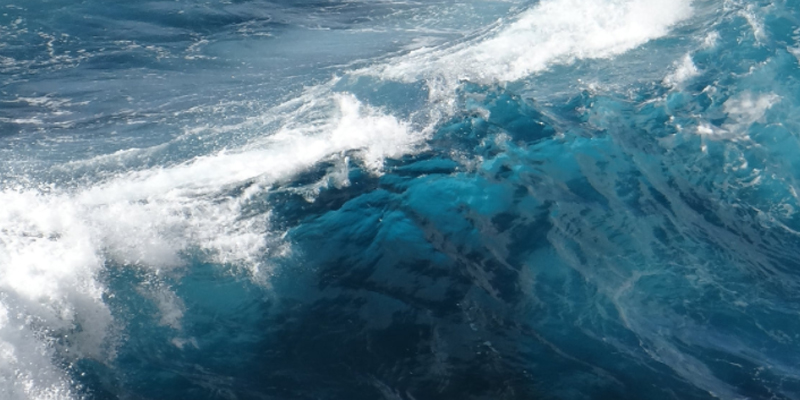
Blocks and presentations
In this edition Uhinak will feature 11 seminars with guest experts and more than 40 presentations, structured in four blocks, covering the challenges of the climate emergency for our coastline in 2050, measures to adapt to extreme coastal phenomena, climate change mitigation measures and what is known as blue carbon, and global governance as a management tool.
In Block 1: Climate crisis: Our coastline in 2050 will address issues such as the risks from global warming in excess of 1.5°C, the new IPCC report (Intergovernmental Panel of Experts on Climate Change) on oceans and the cryosphere, resilience and impacts on human activities, ecosystems and their services, and biodiversity, palaeoclimatic records and climate scenarios.
Block 2 on extreme events and adaptation measures will focus on extreme swells, storms, tides, floods, epidemics, heat waves, risk management, challenges in assessing the contribution of climate change to extreme events, networks of climate observatories and innovative monitoring instrumentation, effects and damage to beaches, ports, critical infrastructure and urban areas and vulnerability, coastal exposure, adaptation actions and strategies.
Block 3, under the title “Blue carbon and climate change mitigation” will address issues such as the role of carbon captured by oceanic and coastal ecosystems (called blue carbon) in global mitigation, the decarbonisation of the blue economy, the circular economy, economic assessments and climate change mitigation on the coastline.
Lastly, in Block 4 on governance and management tools, experts will discuss integrated coastal area management and marine spatial planning, ecosystem management and nature-based solutions, tools for early warning and decision making, coastal climate action plans and programmes, and communication, awareness and public participation.
Among the long list of speakers who will be taking part in Uhinak, which can already be consulted on the congress website, there will be participants such as the Professor of Ecology, a member of the Institute of Oceanography and Global Change at the University of Las Palmas de Gran Canaria. Professor and Researcher in Biological Oceanography and Climate Change, Javier Aristegi, who will be in charge of the opening speech of the first day.
In his talk, Arístegi will tackle ocean-based solutions for removing CO2: a challenge for science and governance.
The opening speech on the second day of Uhinak will be given by Dr. María J. Sanz, Professor Ikerbasque and Scientific Director of the Basque Center for Climate Change (BC3), a centre of excellence of the Basque Government and Maria de Maeztu Unit of Excellence, where she leads a multidisciplinary research team. Her conference will focus on climate change and blue carbon.
About Uhinak
Uhinak, Cross-border Congress on Climate and Coastal Change promoted by Ficoba and the AZTI technology centre, is supported by a Technical Committee made up of representatives from the Basque Government (Ihobe), the Provincial Council of Gipuzkoa, the Community of Agglomerations of the Basque Country, Adegi, CSIC/ESADE/CEAB, Spanish Climate Change Office, BC3, EUCC Atlantic Center, the Association of Civil Engineers of the Basque Country, Naturklima Foundation, IAHR (International Association for Hydro-Environment Engineering and Research), the Observatory for Sustainability – Cristina Enea Foundation, the New Aquitaine – Basque Country Euroregion and AZTI.
Uhinak also has the support of many institutions such as the Department of Economic development, Sustainability and Environment of the Basque Government through its public company Ihobe, the Provincial Council of Gipuzkoa (Department of Environment), Communauté d’agglomération Pays Basque and the Nouvelle Aquitaine Region.
More information: www.uhinak.com
